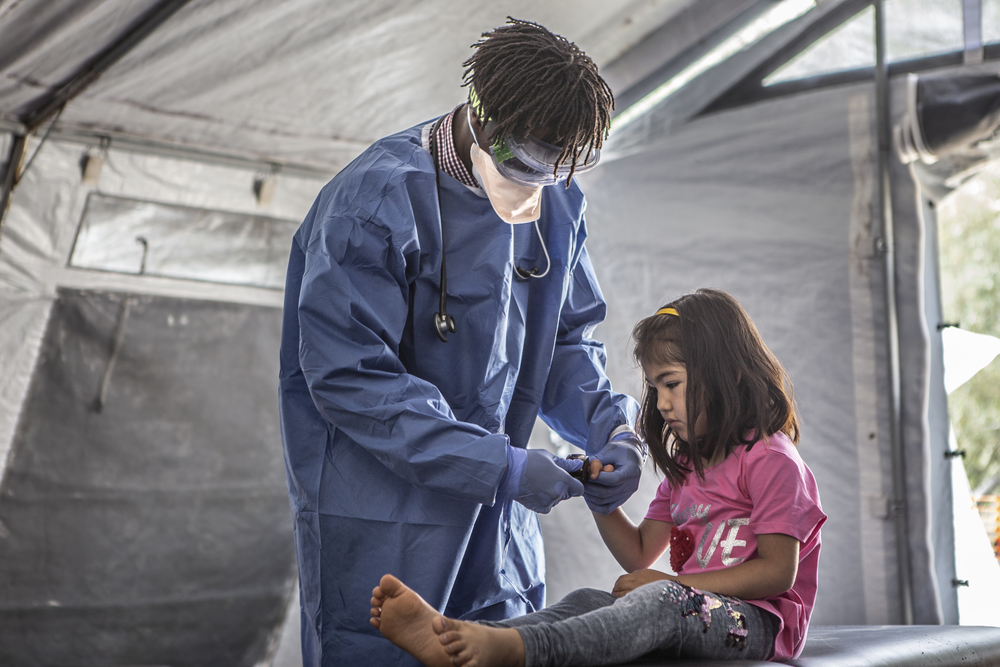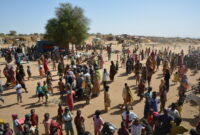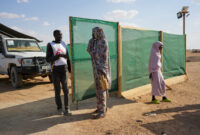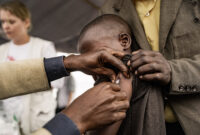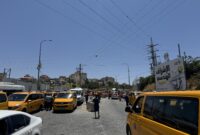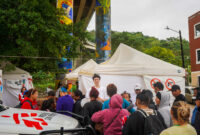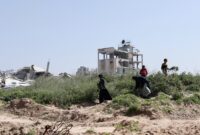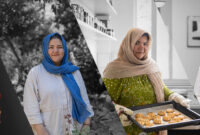Unregulated market for PPE is putting lives at risk
The international humanitarian organization Doctors Without Borders/Médecins sans Frontières (MSF) called today for regulation to ensure that personal protective equipment (PPE) is distributed in an equitable and transparent manner during the COVID-19 pandemic.
Since the beginning of the pandemic, competition in the market for medical supplies has reached unprecedented levels, and strong protectionist measures – notably bans on exportations – have also been put in place in many countries, causing huge price rises and widespread shortages, particularly for the PPE needed to protect healthcare workers.
“At the moment the market for personal protective equipment (PPE) is dominated by a lack of transparency about what is being produced and where, its quality, the amounts in stocks and how they are allocated,” said Thierry Allafort-Duverger, MSF General Director. “Assistance to countries facing shortages has been mainly delivered through piecemeal and one-shot actions that are producing uncertainty, chaos and inequality in the supply chain at a time when healthcare systems everywhere need predictability and accountability,”
In many countries, national healthcare providers and other medical care providers are struggling to ensure a steady and reliable supply of the different items needed to ensure the best protection for medical staff – surgical and FFP2 masks, goggles, gowns, amongst other equipment.
MSF too is encountering difficulties to plan with any certainty the PPE supply for its projects across the world. This situation is not only hampering efforts to contain the spread of Covid-19, but also the ability to continue to provide other essential medical services, such as surgery or treatment for patients suffering from measles, tuberculosis (TB) and other infectious diseases.
A form of regulation is urgently needed, to ensure a more equitable distribution of medical supplies.
“We must avoid that hospitals became amplifiers of the epidemic”, continued Christine Jamet, MSF Director of Operations. “For this we need to effectively protect health workers, including in areas where the virus is still at an earlier stage of spreading. For the moment, too many healthcare workers across the world are unprotected in the face of COVID-19.”
When hospitals become centres for spreading the disease, then a mixture of fear, healthcare worker sickness, and organizational breakdown will disrupt the provision of regular healthcare to people.
This has already started to happen in some of the countries where MSF works, such as Yemen, where our trauma hospital in Aden has been admitting more patients after other hospitals closed their doors; or Kenya, where life-saving MSF activities in one of Nairobi’s poorest areas might have to close in a few weeks if a reliable supply of PPE is not ensured.
Since the beginning of the outbreak, a number of initiatives have been launched by the United Nations, the G20, and the World Health Organization, amongst others, aiming at improving access to much-needed PPE everywhere they are needed; these initiatives represent positive steps on paper, but they won’t be effective unless they have a form of regulatory power which is imposed on individual countries and manufacturers.
In addition to a most efficient allocation of PPE, increased production will also be necessary to meet increased needs, but here too a regulatory mechanism would be essential in ensuring that what is produced respects the necessary quality standards.
“We and the partners we are working with across the world are struggling against the odds to continue to provide life-saving care and to respond to COVID-19 in the most difficult circumstances,” continued Thierry Allafort-Duverger. “But for this, we need that transparency and equity are brought back to the currently out-of-control PPE market – and we can’t count on states or the market to do so voluntarily”.
